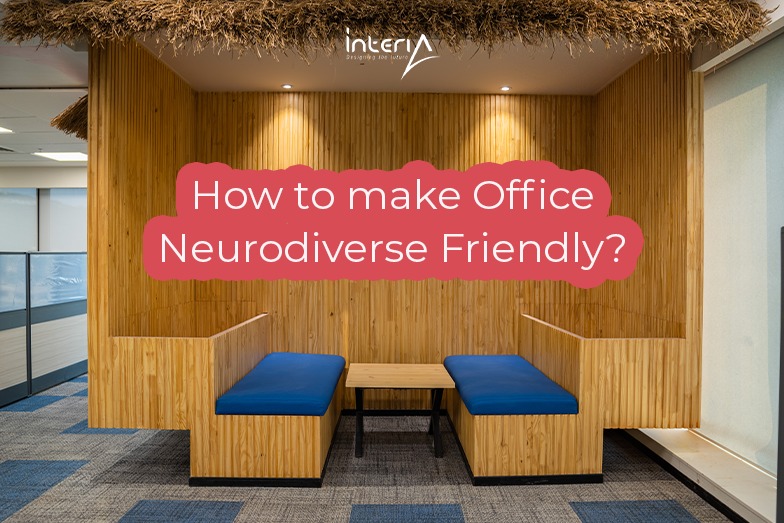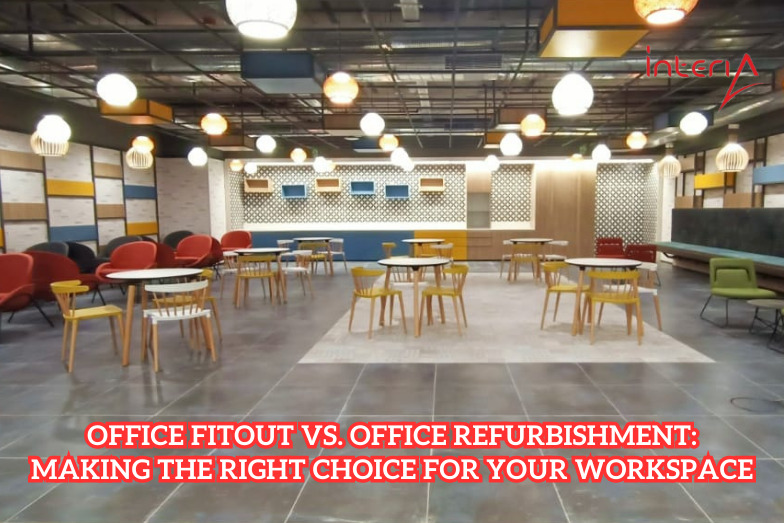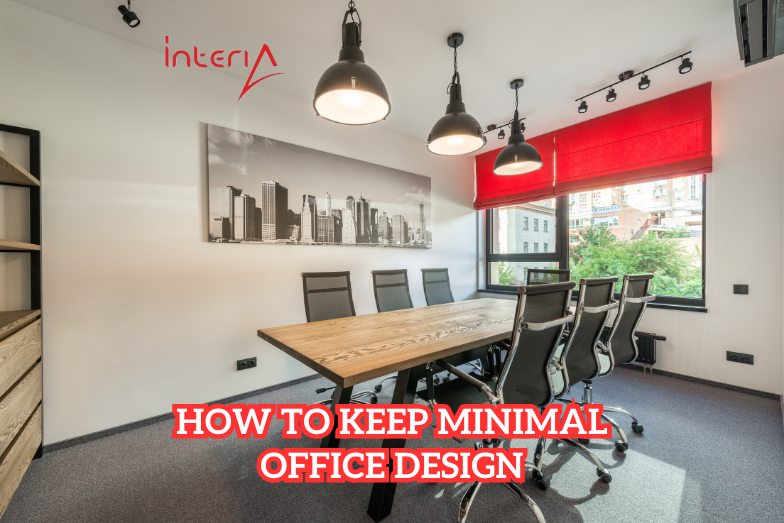Imagine a world for everyone; It’s Beautiful. Isn’t it?
Accepting that everyone is different can make the world a better place.
We all need to accept this way of thinking because neurodiverse people are suffering a lot.
Let’s first understand what neurodiversity is “neurodiversity” refers to how uniquely each person’s brain functions. Some individuals’ brains are wired differently, just as some people have distinct hair or eye colors.
It’s crucial to remember that everyone at work may have unique strengths and shortcomings due to variances in their brains. For instance, some people may excel at paying close attention to details and picking up on subtleties that others would overlook. Some people may excel at thinking outside the box and developing original ideas.
It is very much essential to consider this diversity and collaborate to ensure everyone can use their abilities to achieve their best work. A workplace needs diverse individuals with varied talents to succeed, just as a puzzle requires completing different parts.
In this article, you will get to know how important it is to embrace neurodiversity in today’s world and how you can improve your office by making it Neurodiverse Friendly.
Benefits of a Neurodiverse-Friendly Office
Diversity makes you powerful. When different minds come together and work, they can do wonders. If you own a company, you always want to surpass your competitors and ace the industry. Right?
Well, A neurodiverse environment can help you with that. Here are some more benefits of creating a neurodiverse-friendly office:
Increased creativity and innovation: Neurodiverse people frequently have different viewpoints and ways of thinking, which may lead to more imaginative and creative solutions.
Improved productivity: When employees’ neurodiversity is accommodated and supported, they are more likely to be more engaged and productive at work.
Increased employee retention: A neurodiverse-friendly workplace can foster a feeling of belonging for neurodiverse employees, resulting in higher job satisfaction and lower turnover.
Increased diversity and inclusion: It is committed to diversity and inclusion and can attract a broader spectrum of talent.
Beneficial influence on corporate social responsibility: By offering equitable opportunity for all employees, including those with neurological differences, a neurodiverse-friendly workplace may contribute to the company’s social responsibility activities.
Enhanced problem-solving and decision-making skills: Neurodiverse people frequently have unique talents in problem-solving and decision-making that may benefit the entire team.
Decreased stigma and improved awareness: Establishing a neurodiverse-friendly office can help minimize the stigma associated with neurological differences and enhance understanding of neurodiverse persons’ strengths and problems.
And Hence Make Your Office a Better Place.
Understanding Neurodiversity
Now, Let’s Understand different neurodivergent conditions such as Autism, ADHD, Dyslexia, and Tourette syndrome. The idea of neurodiversity recognizes and honours the inherent diversity in human neurological development. It emphasizes that human brains work in various ways and that these differences are not necessarily good or evil but a natural element of human diversity.
ADHD (Attention Deficit Hyperactivity Disorder) is a neurological disorder that impairs a person’s ability to concentrate, focus and regulate their impulses. Hyperactivity, impulsivity, and inattention are all symptoms of ADHD.
Dyslexia is a learning impairment that affects a person’s reading and spelling abilities. Dyslexia can impair a person’s ability to comprehend language, resulting in phonemic awareness, decoding, and spelling difficulties.
Autism is a developmental condition that hinders social interaction, speech, and behavior. People with Autism Spectrum Disorder may struggle with social relationships and communication and display repetitive habits or limited interests.
Tourette syndrome is a neurological condition marked by spontaneous, repetitive movements and tones of voice known as tics. Tics can range from basic motions like eye blinking to more complicated actions like jumping or clapping that involve many muscle groups.
It’s important to note that neurodiversity encompasses many other conditions, including but not limited to dyspraxia, dyscalculia, synesthesia, and bipolar disorder. Neurodiversity celebrates these differences as valuable variations in the human experience and promotes acceptance and support for individuals with neurodivergent conditions.
Tips for Making Your Office Neurodiverse Friendly
A neurodiverse-friendly workplace requires a conscious effort to understand and accommodate the needs of neurodiverse individuals. Here are some practical ideas for fostering a more friendly work environment:
- Provide flexible working circumstances for people with neurodiversity who might find it challenging to adapt to traditional work environments or schedules. Examples of such conditions include remote work and flexible hours.
- Inclusive language in interactions and communications may help create a welcoming and supportive workplace for all employees. Avoid using discriminatory or derogatory language in job descriptions.
- People with neurodiverse personalities may require assistive devices like screen readers, voice recognition software, or noise-canceling headphones.
- Make your environment more receptive to all of your senses. Consider including lower lighting, quiet spaces, or designated activity break areas. These may be advantageous to persons whose sensory information is processed differently.
- Giving managers and employees training and support on neurodiversity, including educating them on different neurodivergent conditions and how to make accommodations, may help create a more accepting workplace.
- Promoting diversity and inclusion initiatives like Employee Resource Groups (ERGs) may help create a workplace where everyone is welcomed and supported, including staff members with neurodivergent disorders.
By implementing these tips, you can create an inclusive environment that values neurodiversity and supports the needs of all employees.
Examples of Neurodiverse-Friendly Office Design
Creating an office space welcoming to neurodiverse employees may be significantly influenced by corporate interior design. Examples of how interior design may be modified to assist neurodiverse people are as follows:
- Calming hues and colors in workplace decors, such as soft blues, greens, or earth tones, can create a more relaxing atmosphere. A muted colour scheme might be advantageous since some people find bright and clashing colors overpowering.
- Creating quiet areas can give neurodiverse people a place to go when they feel like taking a break from the bustle and commotion of the primary workplace, such as a designated meditation room or a soundproof phone booth.
- Sensory-friendly Lighting, such as adjustable or dimmable, might benefit those sensitive to bright or flashing lights.
- Furniture that is ergonomically designed can assist in accommodating people who may have specific physical demands or preferences. Examples include adjustable desks and chairs.
- Plants, natural materials, or a view of nature are examples of natural components that can be included to assist in creating a tranquil and pleasant environment.
- Clear paths and flow across the workplace have been designated; this can make it easier for those with sensory processing issues to move about the area.
- For people who have trouble blocking out visual stimuli, reducing visual distractions like busy artwork or crowded workspaces helps foster a more concentrated environment.
A corporate interior designer may aid in creating a more friendly and encouraging work environment for neurodiverse people using these design components. It is crucial to collaborate with a designer who can adapt the design to the demands and preferences of neurodiverse people.
Conclusion
In conclusion, supporting diversity, equity, and inclusion requires developing a neurodiverse-friendly workplace. Building an atmosphere that supports their needs and considers their peculiarities is crucial to ensure that neurodiverse persons may contribute unique abilities and views that can benefit the entire business.
Create a more welcoming and encouraging atmosphere for all workers, including those who are neurodivergent, by making accommodations, adopting inclusive language, providing training and assistance, and adjusting interior design.
Prioritizing neurodiversity in the workplace is crucial, as is taking steps toward an inclusive culture that respects every worker’s talents and viewpoints. This benefits the individual workers and improves overall productivity and performance.












0 Comments